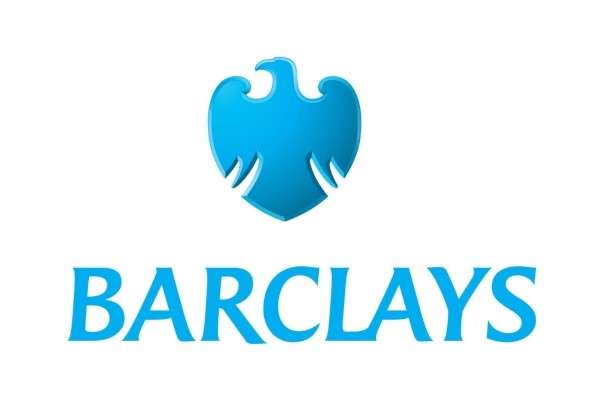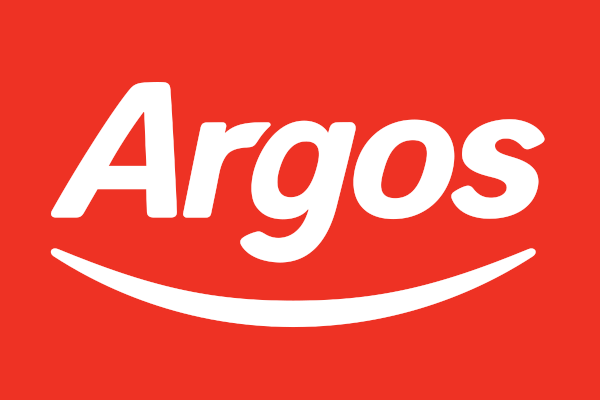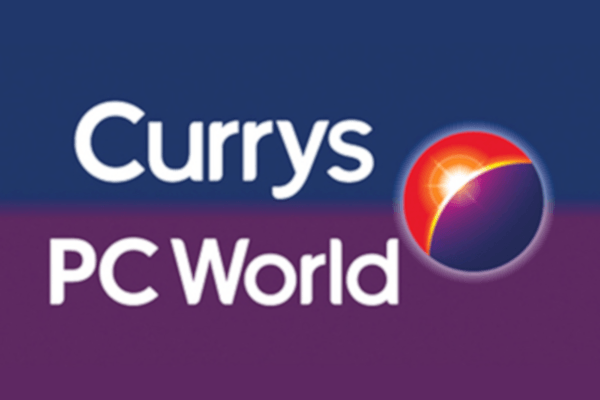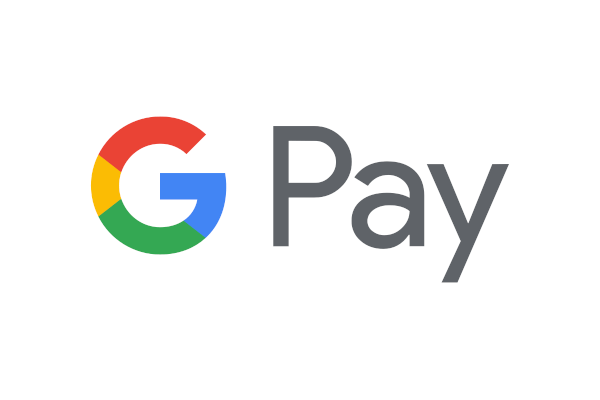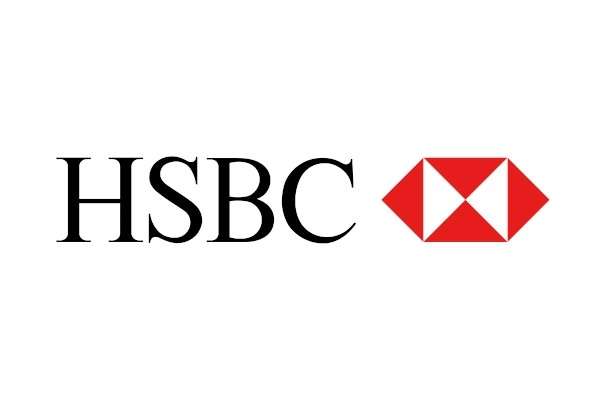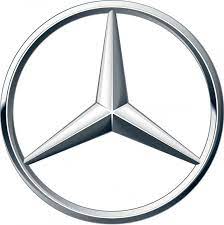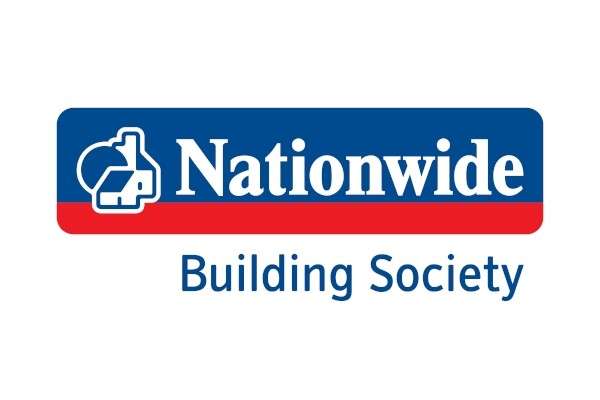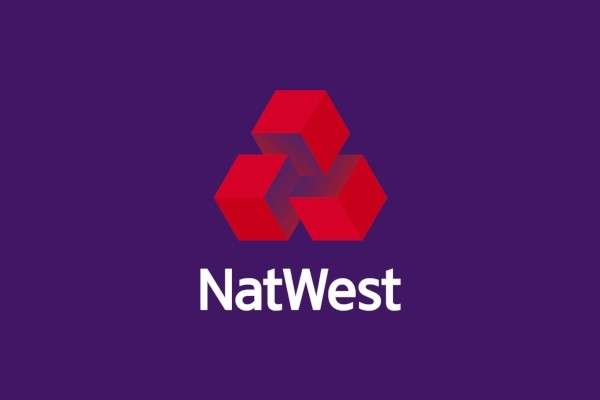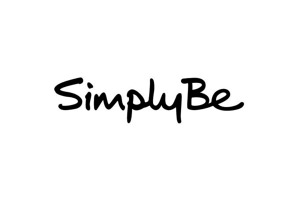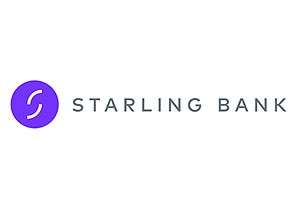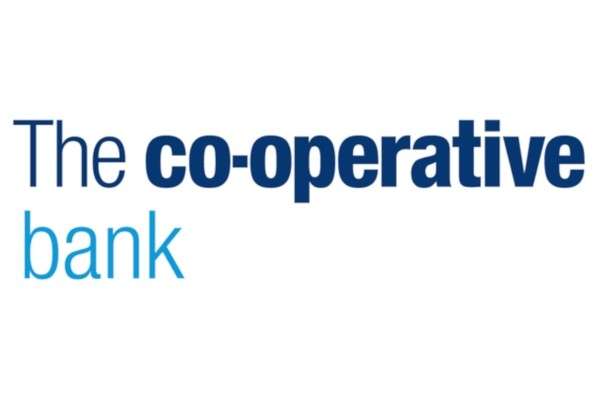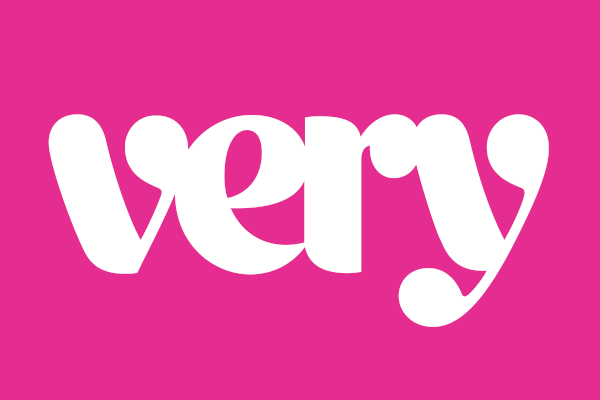
Group Purchases
Section 75 Group Purchases
Under section 75, group purchases should be covered if you have paid for an item or service with your credit card. This could apply if you have bought a holiday for friends or tickets for a sporting event or concert.
Search for a Company to begin a Claim
However, there are some instances where you may not have section 75 protection. This could be if you have paid for a group holiday in full with your credit card and those who are attending pay you back their portion and the holiday firm goes into administration. If this were to happen then section 75 protection becomes Baffled as there is an argument over which members of the group are part of the credit card contract.
The Financial Ombudsman Service states that there is a chance you will not be covered under section 75 full the full amount and will only be entitled to your portion of the payment. This makes it easier if the holiday was for partners for children but makes things complicated if you were paying for a holiday with friends.
However, according to Trading Standards, the payee is entitled to compensation for the full amount for the group purchases from their credit card company, so this is where the confusion lies. If this is a situation which you are and you are not getting Compensated the full cost of your credit card payment, then you should take your complaint to the Financial Ombudsman Service to see if they agree to your complaint.
What does Section 75 cover?
Section 75 of the Consumer Credit Act allows you to claim the credit card company even if you have closed your credit card account. It applies to most credit card agreements, and the law applies to store cards, store instalment credit and some car finance agreements, but it does not apply to hire purchases or debit cards.
If the issue with your purchase as that it was not delivered or you had faulty goods then you have precisely the same rights from your credit card company as you do with the seller of the goods. Section 75 applies to goods or items purchased between £100 and £30,000 and to ensure that you are covered by section 75 you should pay for some or all of your purchase with a credit card. In short, if it costs more than £100, then you are covered by Section 75.
If there is a problem with an item or you have purchased faulty goods using a credit card, then the provider is still liable to give you a full refund even if you have closed the account. It is also worth noting that sometimes you may not be able to protect yourself with section 75 if you pay a monthly fee under £100 for instance. If this is the case, you should still see if you are eligible for chargeback by contacting your credit card company.
The minimum of £100 is for the cash value of a single item so does not include any additional fees such as delivery charges as part of that £100. However single items are not always straight forward and could catch you out.
For example, if you pay for a flight that is £99.99 and the return is £79.99 on the way back, no single ticket was over the £100 threshold so you will not be protected under section 75. However, if you bought a return flight for £179.99, then that would mean you are eligible for section 75 protection. If the airline company, or any retailer, offer the goods or items and a special offer package if they are purchased together, then you should be covered by section 75.
What does Section 75 not cover?
Chargeback
Firstly, Section 75 does not cover anything to do with the purchase of land as this is regulated by the Financial Conduct Authority. Section 75 also does not apply to items or goods that were purchased for less than £100 as previously stated and only applies to credit card payments and not to debit cards.
There is a way to get around this however as section 75 applies only for credit purchases more than £100. This can be done through what is called chargeback which allows the credit card company to reverse a payment that you have made to a retailer if they agree that you have a legitimate complaint.
You should contact your credit company to find out if you could get a chargeback.
You could claim a chargeback if the company from which you have purchased your item or service from when into administration or if the item was not delivered to you. Furthermore, you could claim chargeback if you have faulty goods or if there was some kind of technical issue which meant that you got charged twice or there was a processing error by your bank.
Chargeback is part of the internal rules of major credit card companies such as Visa and MasterCard but, unlike section 75, it is not a legal requirement.
The rules set by the credit card companies usually give you up to 120 days to put a claim in as soon as you put in the first notice of the problem.
Item was bought by a secondary cardholder
If the card of an additional cardholder is used to make a payment that you need to claim then, you will need to prove that the good or service provided some benefit to the main cardholder to get a refund. This could apply to circumstances where the secondary cardholder for a partner, child or friend. It means that if it were a gift for the primary cardholder or something like a family car, then section 75 would apply, however, if it was a flight for the additional cardholder and not the primary holder then section 75 would not apply.
This is based on a ruling by the Financial Ombudsman Service in 2007 despite not being written into the legislation of Section 75 of the Consumer Credit Act.
Goods bought from group-buying and other sites
If you have made a payment to a company that is not providing you with the item or service, then you are unlikely to be covered under section 75. This is because the credit card company can say that it did not have a direct relationship with the supplier of the product and therefore was not equally liable.
It is possible for you to argue that the indirect relationship between the credit card company and the supplier stands as an arrangement to pay though.
This was even decided by the Court of Appeal to be acceptable in 2006. However, it is not going to be an easy process and may not work every time. An online processer such as Google Wallet or PayPal have their refund systems, but these are nowhere near as stable as the legal protection that section 75 provides you with.
There have also been instances where people purchasing goods or items through marketplace suppliers on Amazon have been turned for section 75 claims by their credit card company for the same reason as above. Again, some opinions say that you should be covered by this, but there is no guarantee, and it may be a lengthy process trying to get a refund.
Will I be covered on PayPal?
Section 75 applies to some payments made through PayPal but only through select suppliers. You will need to see if the company or seller from which you have bought has a Commercial Entity Agreement with PayPal. If you paid by credit card and then do have this agreement, then you may still be eligible for Section 75 protection. PayPal also has a Buyer Protection scheme which is likely to be a more straightforward route to take and in instances like this Section 75 should be a last resort if you are unable to agree on something with PayPal or the seller.
The Financial Ombudsman Service states that although PayPal appears as the merchant on the statement of the cardholder, it can’t be seen as the supplier under section 75. This again comes down to whether it is equally liable with the credit card company and the supplier. PayPal is only a middleman because it transfers the money from the buyer’s account to the account of the seller so does not fall under the legislation that is covered by Section 75.
Section 75 Group Purchases and Travel Agents
One more scenario is if you made a group purchase, or any purchase for that matter, through a travel agent. This is when they have told you which airline to use or which package holiday to purchase through a tour operator but have paid through them.
ATOL protection should apply for package holidays no matter what, and in 2012 this protection was extended to include many other aspects of travelling abroad including flights accommodation and car hire. A claim against your credit card company could be successful as many travel companies act as an agent of the tour operator.
Group purchase websites such as Groupon are also a relatively new way of purchasing goods or services through a third-party. Using Groupon for instance, you buy a cheap deal with a voucher on the site, and another retailer redeems the item or service. Because the relationship is indirect between the supplier and the buyer, then this could make it difficult to claim under Section 75. It would be easier to make a chargeback claim instead.
Top Complaints:
Quick Complaint Form
All companies in this category


